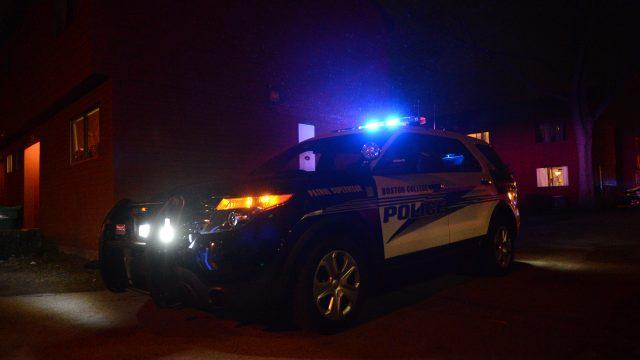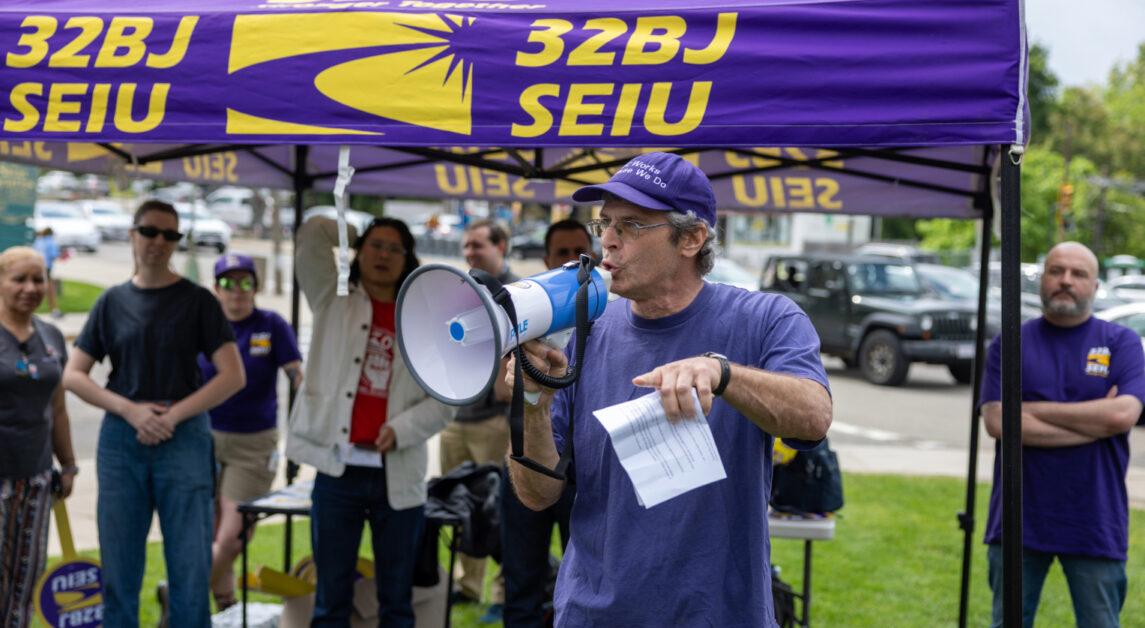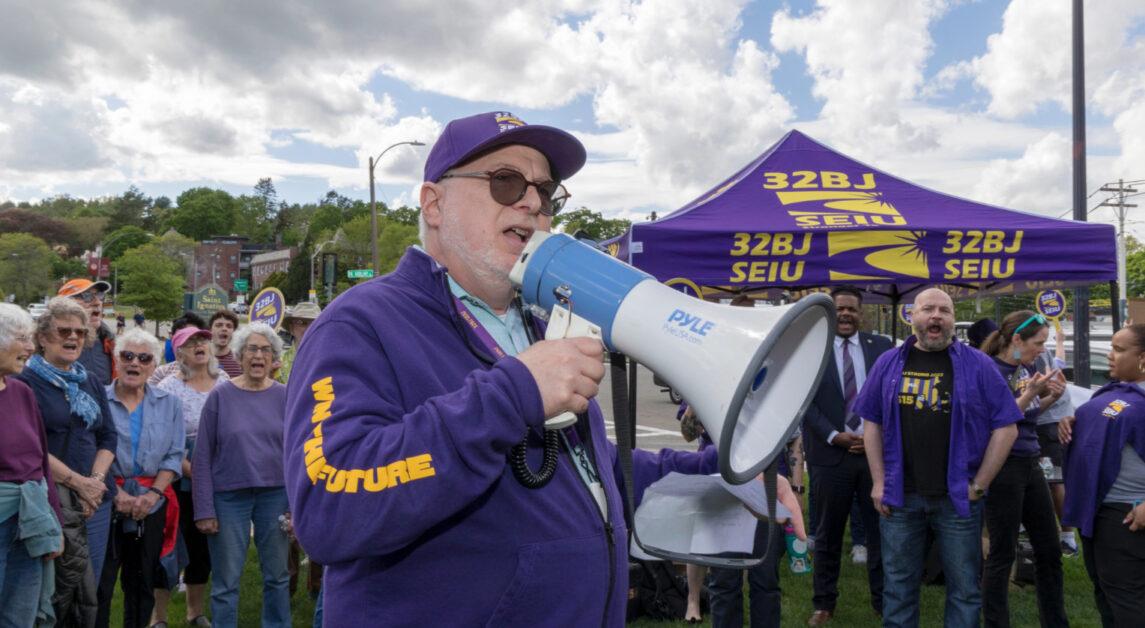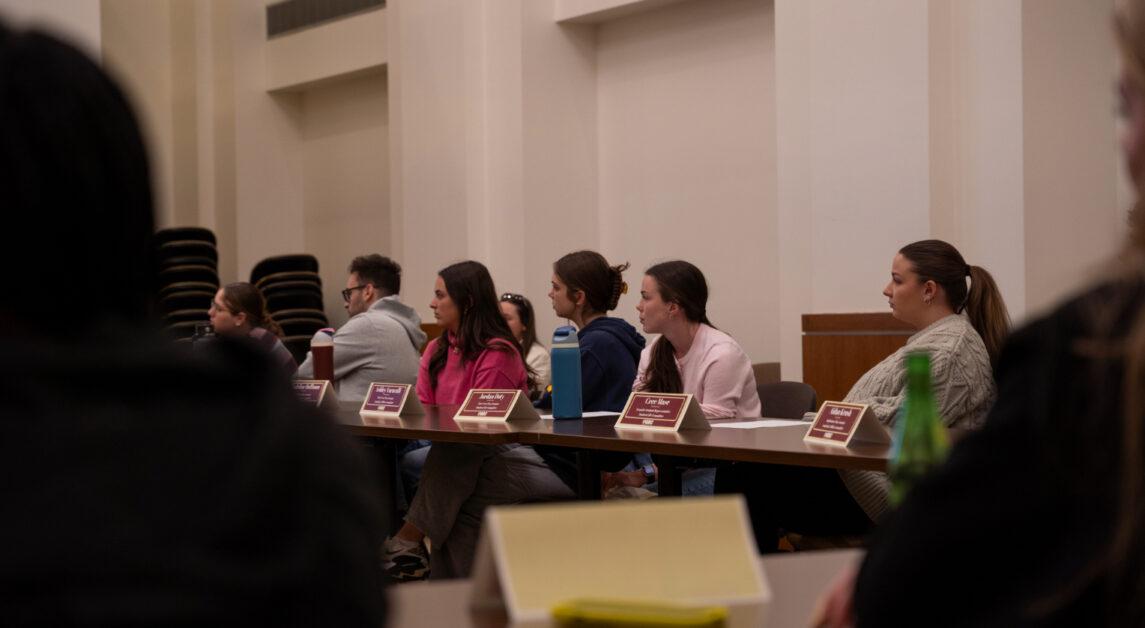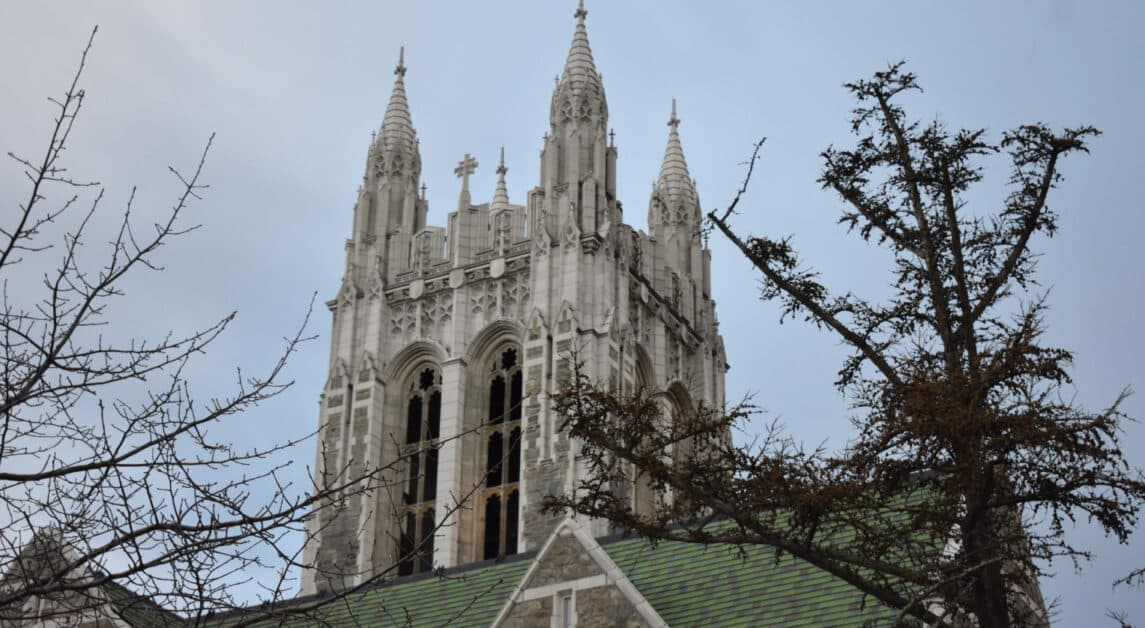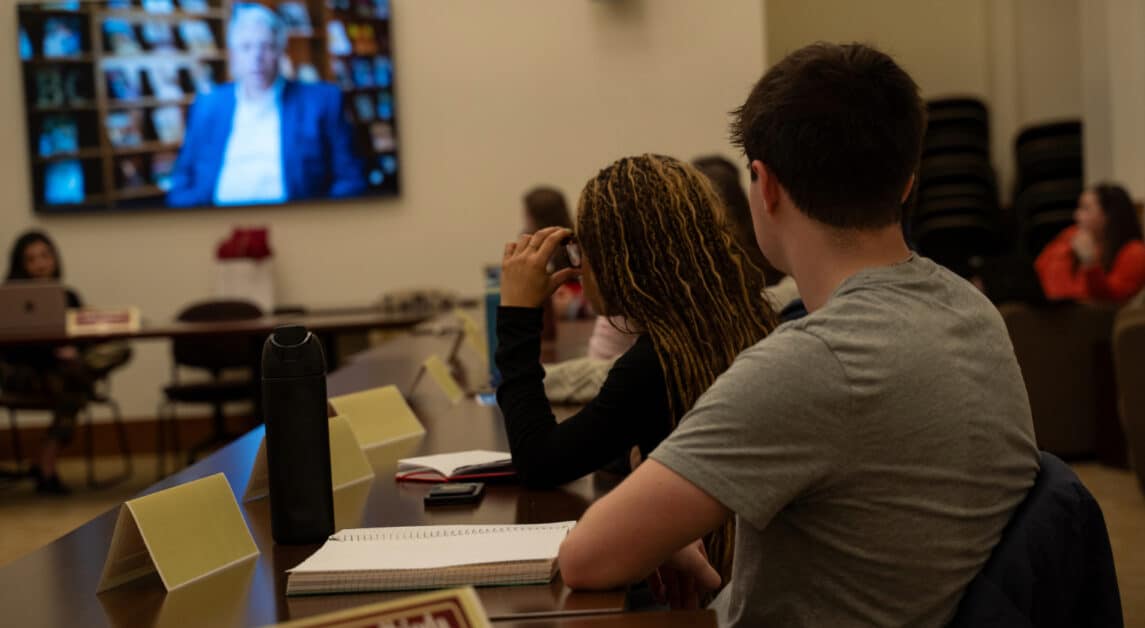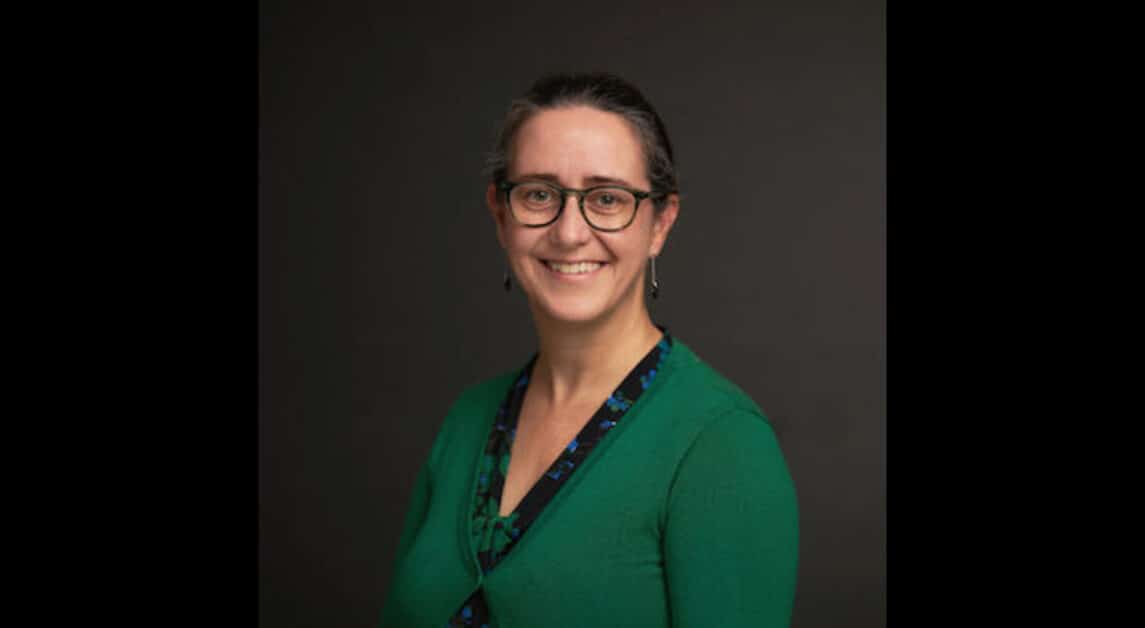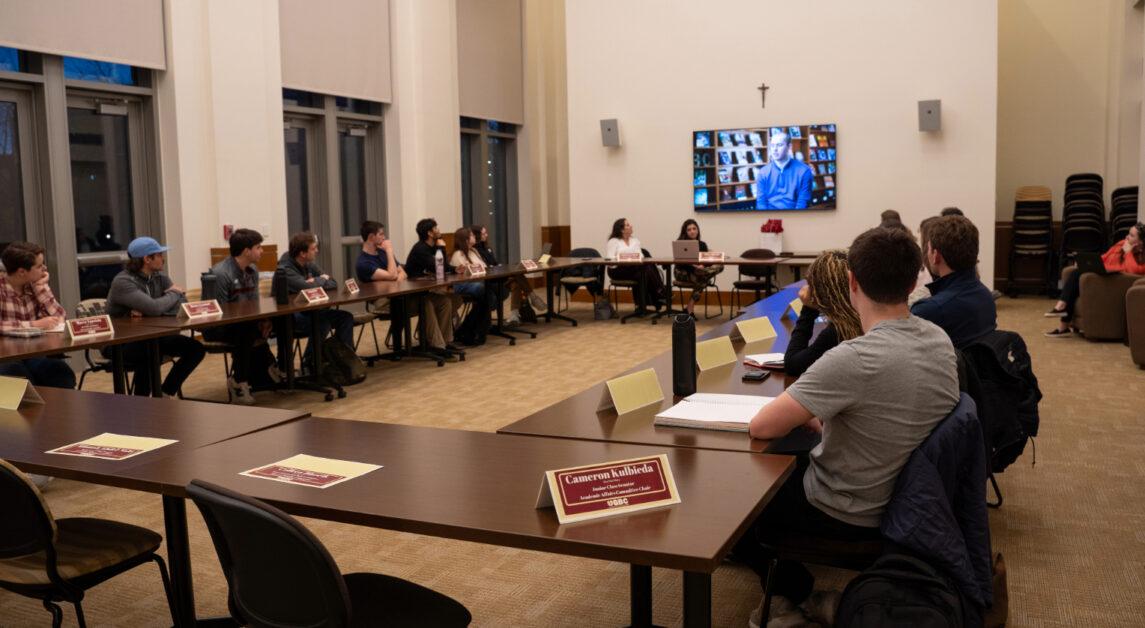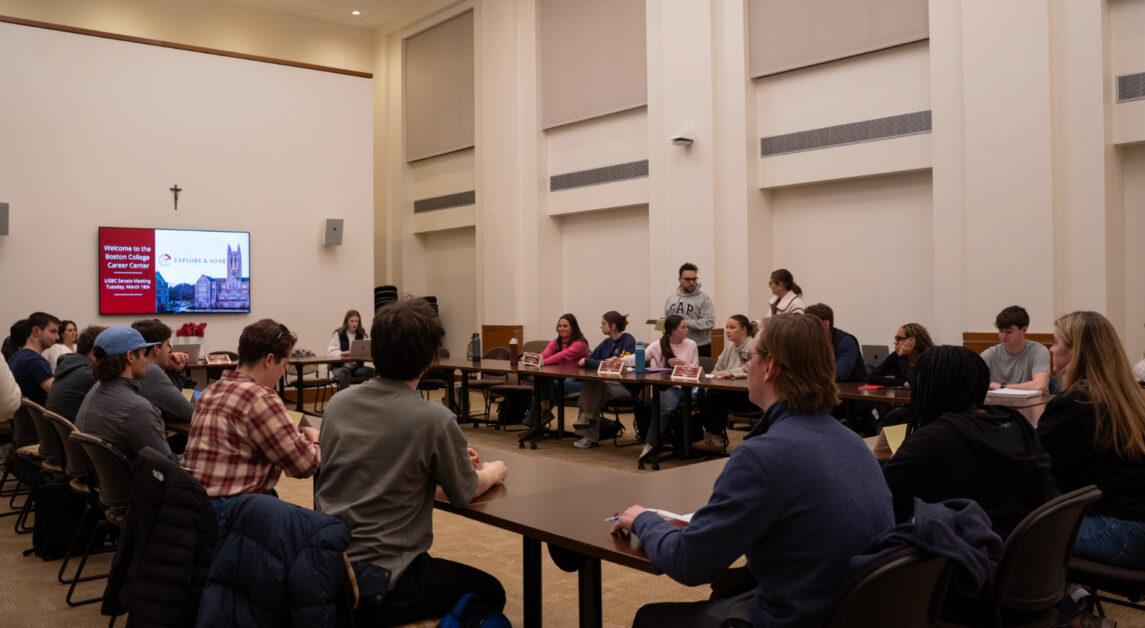Editor’s Note: It is come to our attention that there are multiple inaccuracies in this article. We are working on a correction and update, and will provide one as soon as possible.
According to Director of Safety John King, Boston College Police Department did not warn the BC community about the alleged rape of a BC student by an Uber driver in September after it received the news directly from the student because the crime was not committed in BCPD’s patrol jurisdiction.
The student was allegedly raped three times by Uber driver Luis Baez on Sept. 29. She was then dropped off at BC and went directly to BCPD to report the assault.
BCPD has warned students of assaults near campus in the past, including when a woman who had no affiliation with BC was attacked while running around the Chestnut Hill Reservoir in Jan. Reports then came out that the woman was hit by a falling tree branch and was not assaulted by another person.
Not reporting the rape is not a violation of the Clery Act, which requires universities to disclose information about crime on or near their campuses. Universities are only required to report crimes if they fall in their patrol jurisdictions.
“Institutions … must consider campus, noncampus [sic], public property, and locations within the patrol jurisdiction of the campus police or campus security department when recording crimes in the crime log,” the Clery Act reads. “[Patrol jurisdiction] refers to any property that is regularly patrolled by the campus public safety office.”
When BCPD received the report of the crime, they believed the crime took place outside of their patrol jurisdiction, somewhere else in Middlesex County, according to John King, chief of BCPD.
“The trigger is whether there is an imminent danger to people on campus property,” Frank LoMonte, a lawyer and the director of the Student Press Law Center, said in an email. “If the danger is not located on or immediately adjacent to the campus, then they aren’t legally obligated to report.”
It was at the discretion of BCPD to assess the imminence of the danger, and it believed that it was not worthwhile to report.
Several weeks later, BCPD learned the crime took place “on or near BC property,” according to King.
At this point, BCPD decided it would still not report the crime. According to the Clery Act, BCPD should have gone back and updated the crime log to reflect that the crime took place in their jurisdiction. There is no online record of the update.
“Periodically we will post security advisories when we believe the information will be helpful and informative to our community,” King said in an email. “I believe this to be consistent with the practices of most universities.”
Featured Image Courtesy of Graham Beck / Heights Staff

